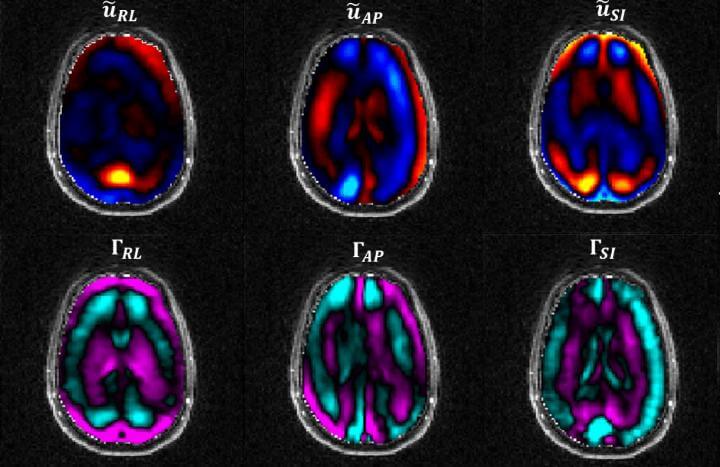Molecules released into the blood following mild traumatic brain injury (TBI) may be indicators of neuronal damage associated with conditions such as post-traumatic stress disorder (PTSD) and depression, researchers from the National Institute of Nursing Research (NINR), part of the National Institutes of Health, have found. This study included military veterans and servicemembers who were enrolled in the Chronic Effects of Neurotrauma Consortium (CENC)(link is external) multicenter observational study of the long-term effects of mild TBI and is published in Neurology.
“This study brings us closer to identifying biomarkers to predict risk for PTSD, depression, and similar conditions in military personnel and others who have experienced a traumatic brain injury,” said Jessica Gill, Ph.D., R.N., F.A.A.N., deputy scientific director, and acting deputy director, NINR, and chief of NINR’s Tissue Injury Branch, who conducted the study with colleagues.
The researchers analyzed blood samples from former military personnel who had experienced one to two TBIs, more than two TBIs, or no TBIs. They screened for molecules released directly into the blood by cells of damaged tissue or inside vesicles called exosomes—bubble-like structures that contain a representative sample of cellular molecules. There was a significant correlation between multiple mild TBIs across the lifespan and higher levels of neurofilament light (NfL), a structural protein found inside neurons, and molecules involved in inflammation, such as tumor necrosis factor-alpha (TNF-alpha) and interleukin 6 (IL-6).
Further analysis revealed associations between increases in plasma and exosome levels of NfL, length of time since the last TBI, multiple TBIs, and increased severity of neurological and behavioral symptoms. These findings provide insights into potential mechanisms of TBI-associated neuroinflammatory and neurodegenerative processes correlated with persistent molecular effects of neuronal damage.
If our reporting has informed or inspired you, please consider making a donation. Every contribution, no matter the size, empowers us to continue delivering accurate, engaging, and trustworthy science and medical news. Independent journalism requires time, effort, and resources—your support ensures we can keep uncovering the stories that matter most to you.
Join us in making knowledge accessible and impactful. Thank you for standing with us!

